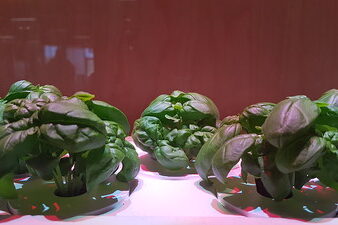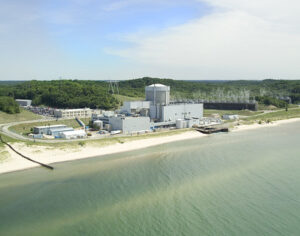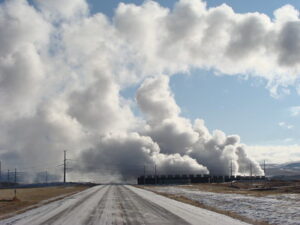There’s nothing particularly newsworthy about the purchase of 80 acres of farmland by Kirkwood Community College in Cedar Rapids, IA. After all, agriculture in Iowa generated about $47B in 2022 and was responsible for about one-eighth of Iowa’s total state gross domestic product (GDP).
In comparison, the US Department of Agriculture estimated the value of Michigan’s agricultural production in 2022 to be about $13B. Michigan State University estimates that agriculture and adjacent economic activity (processing, wholesaling, retailing, food service, ethanol production, etc.) brings the value of Michigan’s agricultural sector to about $105B. Additionally, agricultural production and its adjacent industries employ about 800,000 people every year here.
For the past 20 years, Ann Arbor has promoted and funded the conservation of farmland in Washtenaw County. With development rights to a lot of agricultural land being sewn up here, and the huge demand for workers in the agricultural sector, it seems unusual to me that Washtenaw Community College isn’t purchasing farmland (or at least seeking the right to farm preserved land) and developing agricultural programs.
In Michigan, farming is mostly a family business with more than 9 out of 10 farms being owned by families. The problem with family ownership of farms is that farmers sometimes want to retire. And as it turns out, sometimes their kids don’t want to take over the family farm. So, that leaves farm owners in a bit of a bind.
We need to train the next generation of farmers, especially when the City of Ann Arbor and Washtenaw County are buying farmland with the express intention of preserving it as-is. Additionally, with the changes to climate that are predicted, farming activities that would have taken place in states like Iowa will be shifting northward as temperatures in the Plains rise.
Agriculture can be a lucrative industry
We need to prepare for this eventuality by creating local agriculture programs that focus on sustainable farming, developing and producing crops that are heat-tolerant, drought-tolerant, and even flood-tolerant. Additionally, we need to explore urban farming operations, where produce is grown in indoor facilities using non-traditional methods like hydroponics. This approach could solve fresh food shortages in urban areas, reduce the need to transport produce over long distances, and eliminate produce contamination (like E. coli ) from farm runoff.
In the Great Lakes regions – particularly in Southeastern Michigan and North Central Ohio – these farming practices could help reduce farm runoff into Lake Erie. Farm runoff, which is heavily contaminated with fertilizers, seeps into Lake Erie and causes harmful algal blooms. These blooms release toxins into the lake, which provides drinking water for about 12 million people in the Great Lakes region. Programs that teach sustainable agriculture techniques that protect the Lake Erie watershed will be invaluable as more people move into this area and rely on the Great Lakes for drinking water.
Agricultural programs at the community college level would also enable colleges like WCC to create transfer pathways to Michigan State University.
If we’re going through the trouble of preserving farmland, we should also establish academic programs that enable local students to study agriculture and make the most of the land conservation programs we’re funding here.
Photo Credit: Johannes Ortner, via Flickr










